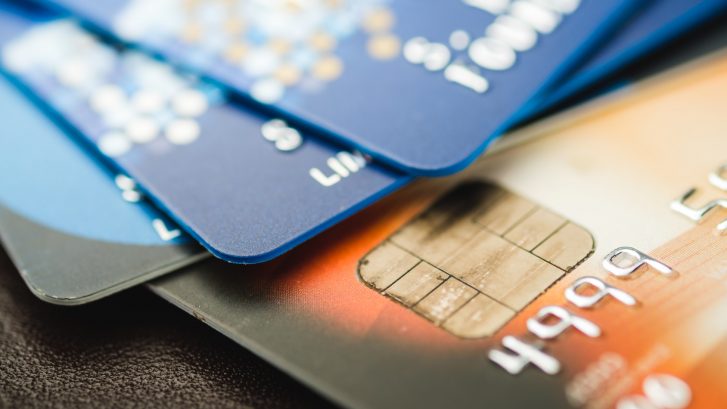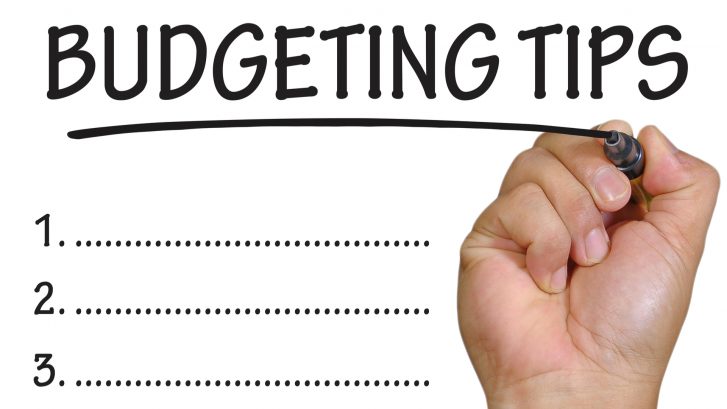Budgeting When You’re Broke: 7 Ways to Do It Properly
Budgeting when your broke can be a challenge, but with the right steps, it can be done.
When you’re struggling to save coins, a normal budget won’t work. There are extra steps you need to take to stretch your limited dollars as far as possible, and of course, you’ll need to adjust for your unique personal situation.
In fact, if you budget right, you can even start taking steps toward getting yourself out of a financially dire situation so that someday, you won’t have to be broke while you budget.
Budgeting when you’re broke isn’t easy, but it can be done. Read on to learn the best tricks to do it safely and comfortably.
Ready to learn how to make great financial choices when you don’t have much to work with? Let’s get started!
1. Start With an Assessment
Before making your budget, you’ll need to step back and do a thorough, honest assessment of your financial situation.
You’ll have to assess your income and expenses, to find out a way to make your expenses stay below your income. There are a few steps to doing this.
Categorize Expenses
Take a look at what your expenses have been over the past few months. Look at receipts or bank statements to get an accurate picture.
Then, separate your expenses into needs and wants. You might even create a hierarchy of expenses in order of importance.
Don’t forget to add in your debts to this categorizing project.
Find Issues
There will probably be some problem areas that become apparent when you categorize things this way.
Are there any bad habits that you can avoid, such as a restaurant or shopping habit that’s not essential? If you find places where you can cut back in this step, the rest of your budgeting becomes much easier.
2. Reduce Spending
Now, you need to put that information into action to actually reduce your spending.
Look at what you organized into the “wants” column, or what is at the bottom of the hierarchy of importance for your expenses.
This doesn’t mean you have to cut back on every single “want.” Your budget should have a bit of wiggle room for fun expenses, otherwise it won’t be sustainable.
However, when money’s really tight and paying bills has become a challenge, you need to be able to find ways to cut back.
Maybe there’s a television service you can cancel, or a phone plan you can switch to that uses less data.
You can also look at your “needs” column and see if you can find any ways to reduce your bills. You might be able to save on energy expenses at home or see if you qualify for a reduction in your car insurance payments.
Other ways to reduce spending? Find the cheaper grocery stores and use coupons. Buy secondhand clothes and necessities as often as possible. Learn to make your own cleaning supplies.
Get Creative
Strategic meal planning – which means grocery shopping to make your dollar stretch as far as possible – is one of the best ways to save money. So is learning to do or make things yourself.
If you have an Internet connection, there are countless things you can teach yourself to do, from home improvement projects to car maintenance. The more you can learn to do yourself, the less you’ll need to pay for. (Yes, that includes cooking!)
If you’re really strapped for cash, you may need to look into ways to save on rent, since that’s likely your biggest expense each month. Consider moving to a cheaper part of town, or living with more roommates.
3. Figure Out Goals
Of course, this budget is meant to be temporary. You shouldn’t have to be budgeting when you’re broke forever.
In order to change things for the future, you’ll need to come up with some goals and a strategy for how to reach them.
One of your goals should be to build up your savings. This is something you’ll need to do before you start tackling debt. If you don’t have an emergency fund, you could end up in a much worse financial situation when something unexpected happens.
Having an emergency savings account will allow you to stick to your budget long-term, even if a setback happens. So focus on getting those savings, and then you can turn to paying off debt.
When you need to pay off debt, you’ll need a repayment plan. Either pick the smallest debts first, so you can pay them off faster and feel inspired to keep chipping away at the big ones. Or you can focus on the debts with the highest interest rates first, which can be more daunting but save you money long-term.
It doesn’t hurt to call your credit card company and see if you can get lower interest rates. A Bankrate survey found that 56 percent of people who called and asked got a positive response.
If you fall behind on bills, don’t be scared to ask for a payment plan or extension. Often, people are more willing to work with you if you get on a plan than if you simply make late payments.
4. Make Your Plan
Now, you need to put real (and realistic) numbers on paper so your budget is completely mapped out.
It’s important to stay realistic, so your budget will last. Don’t try to take extreme measures or cut out all fun expenses, even though you’re budgeting when you’re broke.
Once you have a budget you can stick to for the foreseeable future, you can focus on making changes in the long term. Maybe you can ask for a raise or look for a job that pays more or find a freelance gig as a second income stream.
Final Thoughts on Budgeting When You Are Broke
Budgeting when you’re broke is much more challenging since you don’t have much to begin with, but it’s also that much more important.
Budgeting skills will be useful for the rest of your life, no matter what your income is. If you hone them now, you’ll know that you’ll always know how to manage your money effectively, so don’t wait.
There are always ways to get out of a tight spot. If you’ve made your budget and you’re still struggling, consider a loan to get you through difficult times. Contact us today – we can help.










